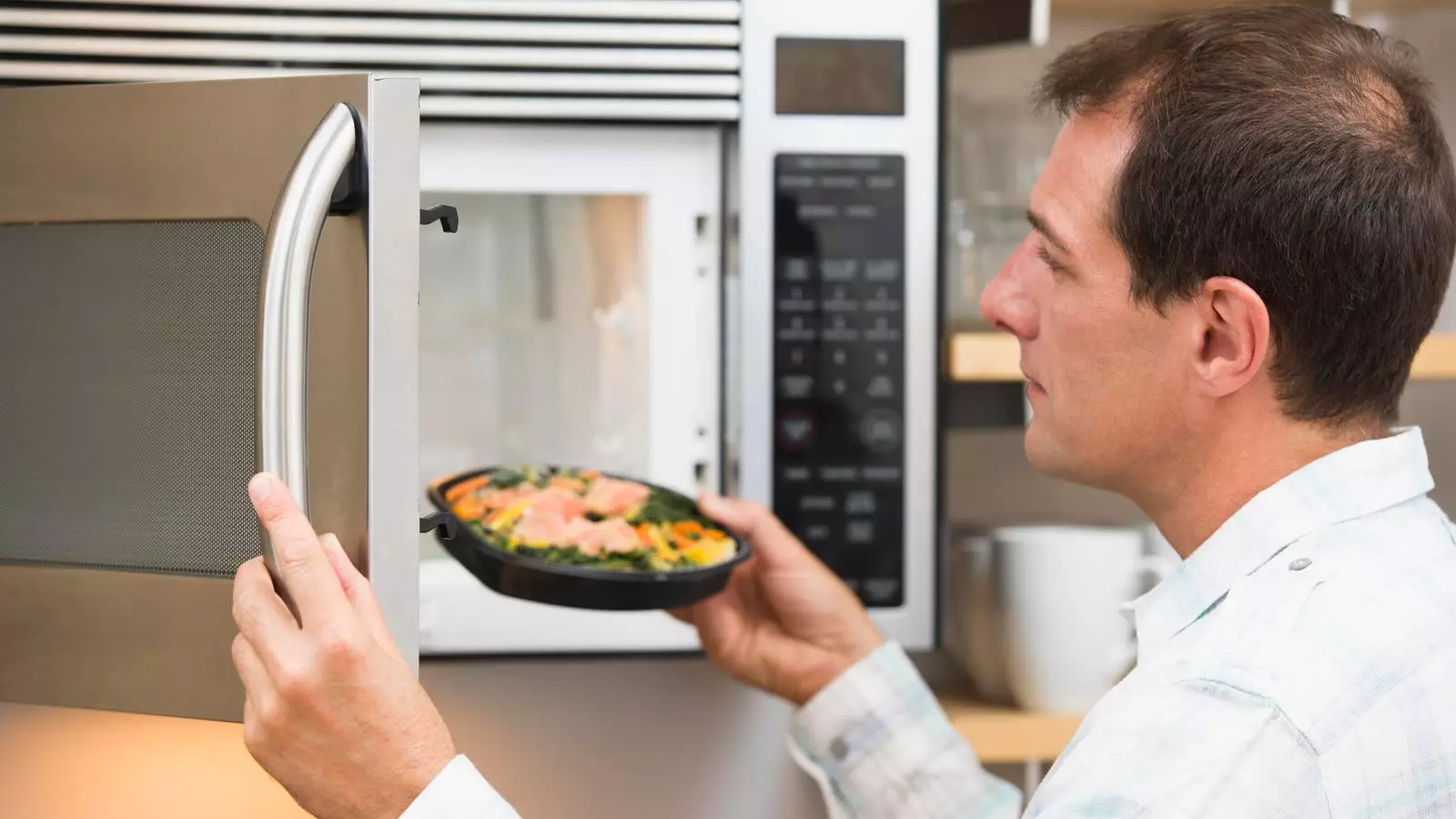In an alarming turn of events, a selection of frozen meals from the respected brands Lean Cuisine and Stouffer’s has been recalled due to the terrifying possibility of wood fragments contaminating these products. Nestlé USA, the parent company, has issued this voluntary recall after numerous consumer complaints surfaced, including at least one report of a choking incident. While recalls might be commonplace in the food industry, this incident serves as a stark reminder of the vulnerabilities within our food safety systems. It brings to the forefront unresolved questions about quality control and consumer safety in the frozen food sector.
The Scope of the Recall
Affected meals, largely popular among busy individuals looking for convenient dining options, include products such as Butternut Squash Ravioli, Spinach Artichoke Ravioli, and Party Size Chicken Lasagna. The recalled items were distributed across major retailers nationwide between September 2024 and March 2025. Batch codes located on the side of the packaging are critical for consumers to identify if they own contaminated meals. This recall reflects not just an isolated incident but an overarching issue where the safety of consumer products is on the line.
What’s particularly concerning is that these meals, often perceived as quick and nutritious options, now carry an underlying risk that many consumers might not have anticipated. The implications are massive—wood fragments not only pose a choking hazard but also raise the specter of internal injuries should these foreign objects be ingested. This incident embodies the worst nightmare of any consumer who trusts established brands for their meal solutions.
The Response from Nestlé
Nestlé’s response to this crisis is indicative of a larger pattern in the food industry. In their recall notice, the company indicated that they are collaborating with the FDA and USDA to investigate the contamination thoroughly. While this may sound reassuring, it’s imperative to ponder whether these preventive measures are enough. The company describes this issue as isolated, yet one has to wonder how an isolated event could arise from a brand of such size and reach, especially in light of recent consumer behaviors that have leaned heavily towards pre-packaged meals.
It’s easy to view this crisis as just another headline in a long list of food recalls, but beneath the surface, it’s a significant breach of consumer trust. Consumers deserve transparency and accountability—not just after incidents but in preventive mechanisms as well. The fact that a major corporation like Nestlé has to withdraw its products is a clear signal that something may be fundamentally flawed in its quality control measures.
Consumer Vigilance
When it comes to food safety, consumers must remain vigilant. Nestlé’s advice to check package codes before consumption may mitigate immediate dangers, but it shifts responsibility onto consumers—a dynamic that should not exist in an ideal food supply chain. The reality is that consumers should not have to play detective in their own homes. Instead, the expectation should be that food companies provide uncompromising safety standards with traceable and responsible sourcing.
The recalled meals were marketed as quick fixes for busy lifestyles, yet they now represent a disruption of trust that shakes the very foundation of how we view packaged food. While Nestlé is offering full refunds for returned products, one must question if this is sufficient for building back consumer confidence. It’s evident that more systemic changes need to be made within food recall processes to ensure that they are efficient and effective enough to prevent such fears from cropping up repeatedly.
The Bigger Picture
Food recalls play a crucial role in safeguarding public health, but they also expose weaknesses in food supply chains. A well-coordinated recall can prevent widespread harm, yet consumers find themselves tangled in complexities and inconveniences that accompany the need for vigilance. Recalls serve not only as a stopgap measure but should also trigger a more profound conversation about the environmental and ethical implications of our food production systems.
As we navigate these waters, consumers must hold brands accountable for the products they purchase. The implications of this recall are broad and ripple into discussions about consumer rights and corporate responsibility. In moments of issues such as these, it’s vital for consumers to demand greater transparency and enhanced safety measures from food brands—for in the end, eating should bring joy, not fear of injury or loss of trust.


Leave a Reply